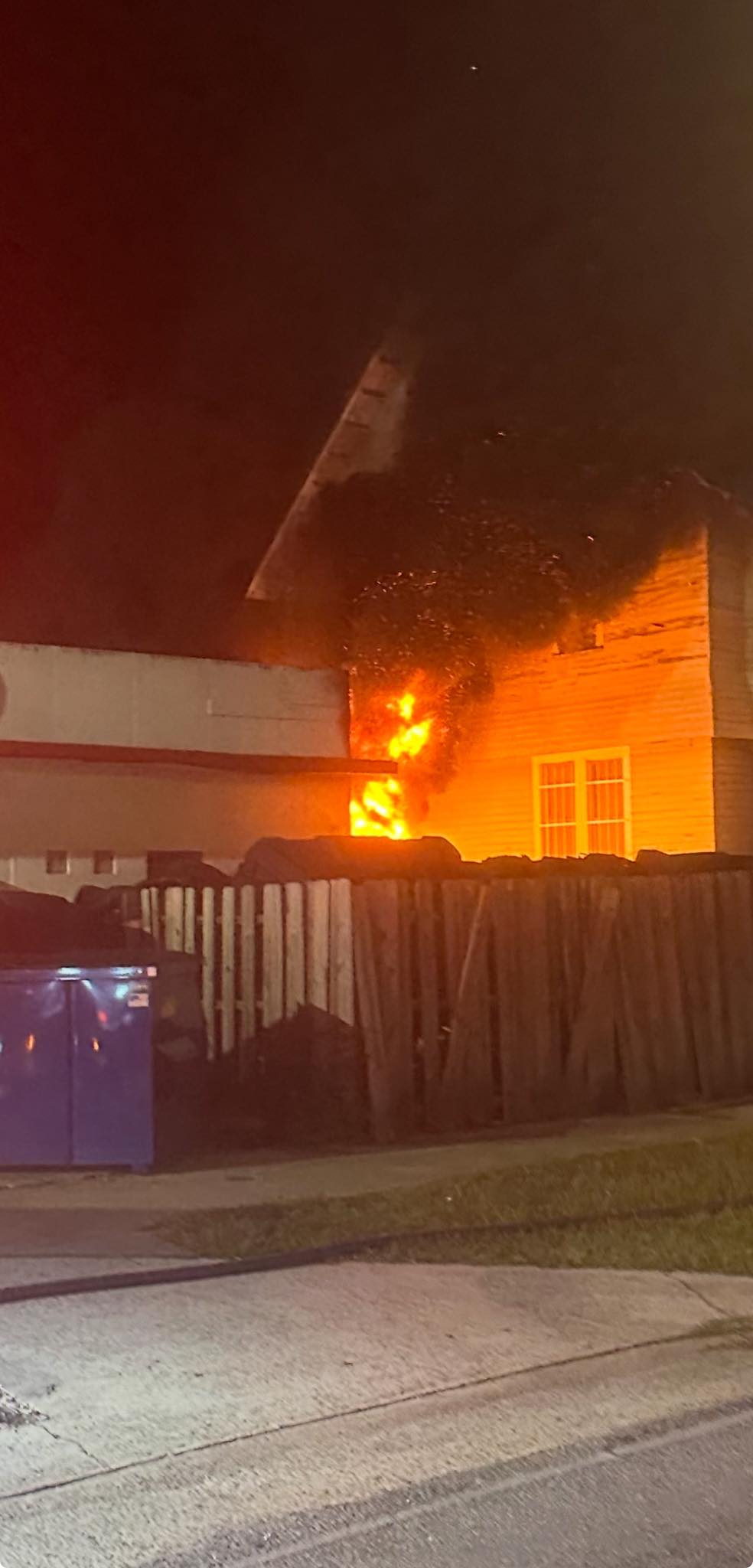Man of Mystery: Getting to know Elbert Forrest
Published 11:30 am Saturday, November 17, 2018

- Amanda M. Usher | The Valdosta Daily TimesDeacon Harry Jenkins holds a photo of Elbert Forrest, the founder of First Antioch Baptist Church.
VALDOSTA — Elbert Forrest, a former slave and the founder of First Antioch Baptist Church.
He is the man that some believe inspired the naming of Forrest Street.
Trending
Months ago, the People’s Tribunal began the process to rename Forrest Street to Barack Obama Boulevard.
The civil rights group asserts the city and county road is named after Ku Klux Klan founder and Confederate general, Nathan Bedford Forrest.
But some people choose to believe Forrest Street was named after Elbert Forrest, a black man.
Deacon Harry Jenkins said he disagrees with people who claim a street could not have been named for a black man during the 1800s in the South.
“I don’t agree with that. I don’t. … (They say) ain’t no way a black man can have that kind of clout. I say, yes, it could be if his daddy was supposed to be a good man here, and everybody knows that’s his son,” Jenkins said.
Valdosta City Council minutes from April 1883 mentions Elbert Forrest’s name twice.
Trending
The document reads: “The next north parallel running from Elbert Forrest west, Magnolia Street … of this running between this and Elbert Forrest is Oak Street.”
Elbert Forrest was a shingles supplier for the Valdosta Institute, according to notes retrieved by the Lowndes County Historical Society and Museum.
An 1880 census lists the Lowndes County resident as being born around 1836 in Georgia. He’s reported to be a mulatto male laborer, being head of household for a family of nine.
Records indicate he was married to Louise – possibly spelled Lousia – Forrest with a daughter, Hattie, who was 13 at the time of the census.
Louise Forrest was born in 1838 in South Carolina. She later died in 1900 and is buried in Sunset Hill Cemetery, according to death records retrieved from the Historical Society.
Elbert Forrest resided in a home just off of Oak Street with the dwelling number 253, according to historical documents.
His story begins with a home church that would later be First Baptist Church, Jenkins said.
The Little River Baptist Church was a church organized in 1840 in Troupville at the home of James O. Goldwire, according to First Antioch Church history.
Little River Baptist eventually became Troupville Baptist Church after completing construction on a new building in 1844.
“The charter membership consisted of Jonathon Gualding, James O. Goldwire, Marie I., Henrietta Goldwire … and two Negro members,” the documents read.
One of the two members is noted as “Old Monday.” The other, Elbert Forrest.
According to Sesquicent History records for First Baptist, Elbert Forrest may have been a slave as his first name is listed as a “colored member” of Troupville Church in October 1858.
“Elbert belonging to Mrs. Jones,” the records read.
The same archives indicate a Rebecca Jones and a Miss Lizzie Jones were members of Troupville Church during this time, hinting one of the two possibly owned Elbert Forrest.
A “Brother Forrest” was one of three black members on a building committee that would occupy a “well-built building on Central Avenue.”
It is not reported as to when Elbert Forrest became a reverend; however, one 1993 and one 1998 Valdosta Daily Times article both state the Rev. Elbert Forrest asked for permission to organize a Negro mission.
“Permission was granted, and a few missionary workers assisted Rev. Forrest in organizing the Antioch Missionary Baptist Church,” the report reads.
Jenkins confirmed this detail saying Elbert Forrest petitioned First Baptist to start First Antioch.
“They gave some members a little more priority, I think, than others,” Jenkins said, not being able to confirm if Elbert Forrest was still a slave at the time.
A First Antioch cornerstone shows Elder E. Forrest as pastor of the church in 1868. A W.W. Forrest is listed as one of the trustees.
Jenkins, who said he has personally met Hattie Forrest, said she was the first church secretary for First Antioch.
“I personally met her, and she used to live on Oak Street. She was a school teacher,” he said.
Antioch history recalls Elbert Forrest resigning as pastor in about 1875, where he was succeeded by the Rev. J.B. Davis, the Rev. John Mitchell and the Rev. Mason.
These same records state Elbert Forrest served on First Antioch’s Board of Deacons from about 1900-08.
Elbert Forrest died Sept. 3, 1922 and is buried in Sunset Hill Cemetery, according to records.
Amanda Usher is a reporter at The Valdosta Daily Times. She can be contacted at 229-244-3400 ext.1274.





